Christmas is a time of giving but, unfortunately, it’s often a time of giving and receiving unwanted gifts.
In 2018, generous and well-meaning British shoppers spent £1bn on unwanted Christmas gifts which were then either binned, returned to store, regifted, sold, or left to gather dust in a dark corner.
With 71 per cent of people admitting to receiving a present they didn’t want, it’s time for the nation to take a step back and give more thought to its festive buying habits.
Why not ask your loved ones what they want this year and buy them only that? Even better for the environment, why not suggest one of the zero-waste gifts below?
Here are four waste-free ideas.
A gift voucher
If your loved one adores a certain brand, why not gift them a voucher to use in the new year?
Small businesses in particular could certainly use the support this year after the national and local COVID-19 lockdowns.
Most stores offer e-vouchers now, meaning there’s little impact on the environment.
Being electronic, there’s also nothing to wrap with this gift, which means no wrapping paper waste.
A plant
If you are buying for someone with green fingers, then a new plant is a great gift.
A highly sustainable present idea, plants remove toxins from the air, release moisture vapour, and increase oxygen levels.
Plants are also thought to be beneficial to physical and mental wellbeing.
If you are purchasing a houseplant, consider which room of the home it is intended for, as photosynthesis means that some plants absorb oxygen and dispel carbon dioxide at night, while others do the opposite; you want the former for most of the house and the latter for the bedroom.
If the recipient has a garden, you might want to gift them a vegetable plant for extra green points.
A food waste caddy or compost bin

Gifting a food waste caddy, a compost bin or a worm farm is a wonderful way to encourage your loved ones to compost their waste.
While some local authorities collect food waste from homes, many don’t, and so this waste often ends up in the general waste bin — and then, in a landfill, where it creates methane.
A food waste caddy is useful in the kitchen for throwing vegetable scraps and fruit peel in, and a compost bin or worm farm is the final destination.
The compost produced can then be used in the garden as a rich soil mixture.
Food
Instead of buying food for your loved ones that comes with lots of packaging, why not make them something in your kitchen?
Homemade food is a thoughtful gift that doesn’t cost a lot and is zero-waste.
If you are baking cakes, use an old tin for storage to keep the gift sustainable.
If you’re thinking of making homemade chutney or jam, these can be stored in old jars from shop-bought jams. Make sure you sterilise them first, though.
A final idea is to fill a sterilised jar with all of the ingredients for the recipient to do their own baking — for example, a brownie mix.
Layer the ingredients up to make it look pretty and email them the baking instructions.
We wish you all a green Christmas and a happy new year.
If you need to buy wheelie bins for the new year, you can browse our range here.








Craig Pryce
With over 17 years of experience in the waste and recycling industry, Craig is passionate about making recycling easier and reducing the negative impact of litter. He has been the managing director of Wheelie Bin Solutions (WBS) since January 2016, and prides the company on his expert knowledge, top-quality products, and customer service. His proudest moment was when WBS supported the 2012 Olympic Games, working in partnership with Contenur UK to supply over 9000 bin containers to all Olympic venues. Craig is always keen to share his knowledge, so whether you need advice about the benefits of a wheelie bin lock, or ideas for alternative uses for your wheelie bin, Craig will ensure your recycling and waste disposal habits are gold medal worthy.